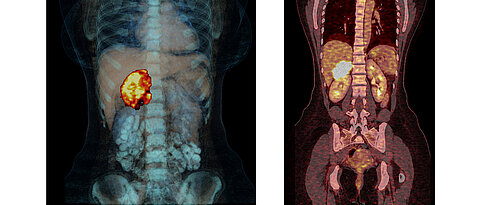
After the complete tumour resection, not all patients with an adrenocortical carcinoma require the previous standard therapy Mitotane. Professors Martin Fassnacht and Massimo Terzolo show this in a clinical trial.
more
After the complete tumour resection, not all patients with an adrenocortical carcinoma require the previous standard therapy Mitotane. Professors Martin Fassnacht and Massimo Terzolo show this in a clinical trial.
more
In the form of DNA, nature shows how data can be stored in a space-saving and long-term manner. Würzburg's chair of bioinformatics is developing DNA chips for computer technology.
more
Get to know historical places, experience the history of science up close and even walk in the footsteps of a murder: a new app from the University of Würzburg makes it possible.
more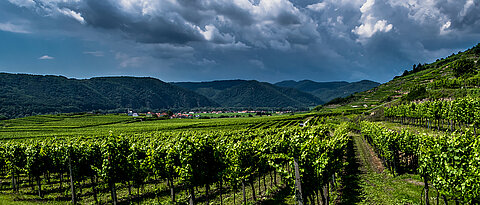
More cooperating businesses, higher funding, a new partner within the university: BigData@Geo is going into the second round and wants to use climate data to create concrete recommendations for action for businesses with a connection to nature.
more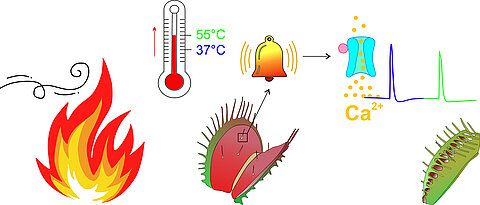
The sensory hairs of the Venus flytrap contain a heat sensor that warns the plant of bush fires. It reacts to rapid temperature jumps, as Würzburg researchers have discovered.
more
Many people also go to sports clubs because they socialise with others there. This was stated by 86 per cent of respondents in a new study on amateur sport.
more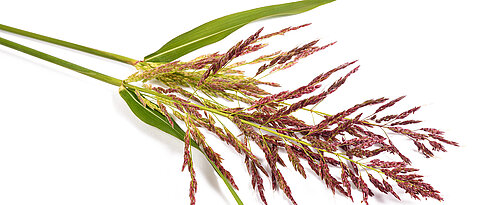
Together with the Max Planck Institute for Evolutionary Biology, Würzburg biology professor Chaitanya S. Gokhale has developed a mathematical model on population dynamics and evolution of herbicide resistance in perennial weeds.
more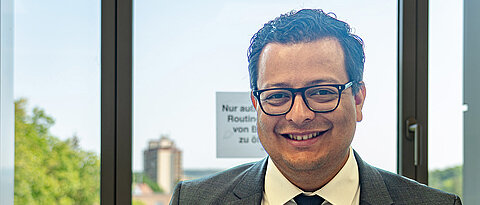
Carlos Talavera-López has recently been appointed junior professor of systems immunology at the University of Würzburg. His special focus is on the processes inside the cell. For this, he relies on deep learning methods.
more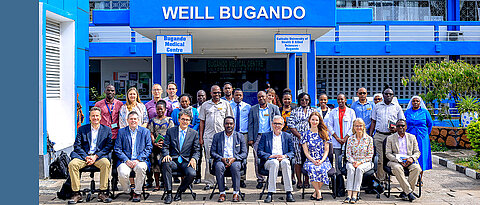
The Else Kröner Center for Advanced Medical & Medical Humanitarian Studies Würzburg-Mwanza started work in mid-2020. Its good performance has now been confirmed by an interim report.
more
Artificial intelligence can predict when a bee colony will swarm out: this is one of the findings of the Würzburg research project we4bee, which uses sensors to listen in on beehives.
more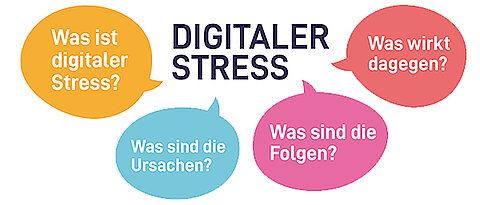
For four years, the University of Würzburg was involved in a Bavarian research network that investigated the healthy use of digital technologies and media. ForDigitHealth is now presenting its results.
more
Making small and medium-sized enterprises more resilient and efficient through automation: This is the focus of a new 1.4 million euro project by Professors Johannes Hewig and Axel Winkelmann.
more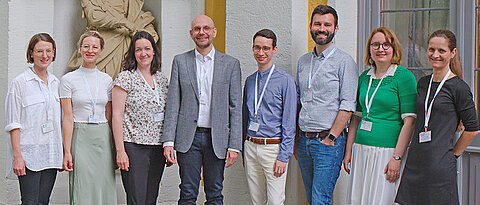
Making researching doctors familiar with the latest technologies in immunology: This is what happens in the TWINSIGHT college. The Else Kröner-Fresenius Stiftung is funding it for another three years.
more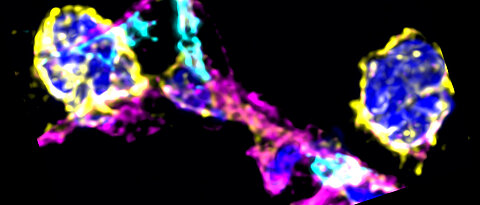
Acute lung failure is life-threatening - especially if it is accompanied by an excessive immune reaction. Researchers at the University Medical Centre Würzburg have now discovered how this reaction can be suppressed.
more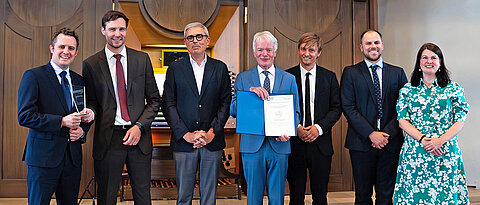
The Faculty of Medicine's Albert Kölliker Teaching Award is endowed with 10,000 euros. It went to the interprofessional team from the University Hospital's Ear, Nose and Throat Clinic.
more